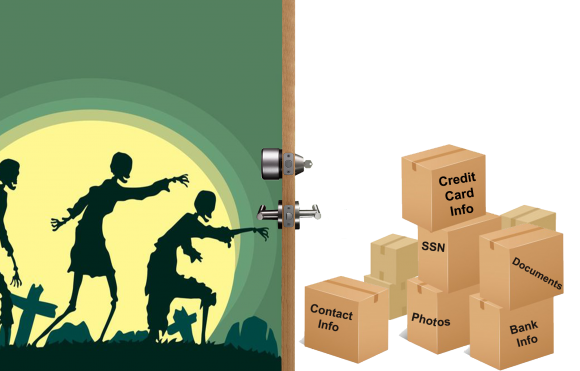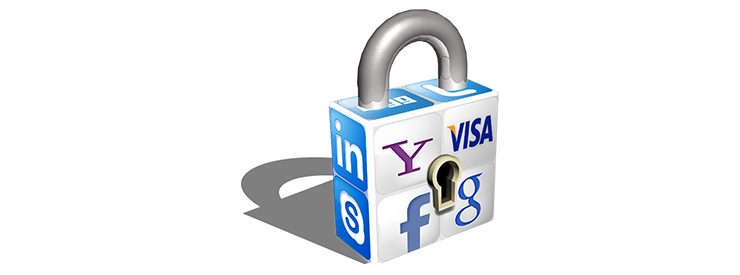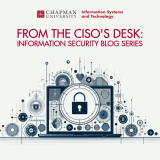Picking A Strong Password
October 11, 2017
When it comes to cybersecurity, there are many different tools one can use to protect their personal information from cyber attackers. With that said, the most important tool is a strong password. It doesn’t matter if you have the most expensive antivirus software or the tallest firewall, once your password is compromised, none of that matters anymore. That’s why it is important to create a strong password. The challenge with strong passwords is that they can easily be forgotten, which can be very frustrating.
In the spirit of Cybersecurity Awareness Month, week 2, our Information Security team would like to offer up some tips for creating strong passwords that are easy to remember.
Guidelines for creating a strong password:
- Make it at least 12 characters long.
- Include both uppercase and lowercase letters.
- Use numbers.
- Incorporate special characters (e.g., ~! @#$%^&()-_+=), including spaces.
- Consider using a passphrase, a series of words combined into a phrase. This is an example of a strong passphrase: “Ch0c0l@teCakeIsMyFav0ritedess3rt.”
Additional considerations:
- Refrain from using personal information in your passwords, such as your user ID, family members’ or pets’ names, birthdates, or phone numbers.
- Avoid patterns commonly found on keyboards (e.g., qwerty) and repetitive characters (e.g., aabbcc or 112233).
- Do not use your name, Chapman University username, or words associated with the University, like “Chapman,” “Panther,” “Orange,” and the like.
- Maintain a clear separation between your personal and professional passwords.
- Never create easily guessable passwords, and avoid reusing them.
- Make it a practice to change your passwords regularly.
- Your new password should not be shared with anyone, and it is essential to keep it confidential.
 Having a strong password is the key to keeping your online information safe. The above tips can help ensure safety if they are used regularly. There are tools online that you can use to help confirm the strength of your password. Go to BitGo.com and type in your password to see if you are on the right track. The software will tell you how strong your password is and how long it would take cyber attackers to crack it. Another great tool for checking the status of your accounts and whether or not you need to change your password is haveibeenpwned.com. You provide the email address you are using for your online accounts, and the system will run a scan to see if your account has been breached.
Having a strong password is the key to keeping your online information safe. The above tips can help ensure safety if they are used regularly. There are tools online that you can use to help confirm the strength of your password. Go to BitGo.com and type in your password to see if you are on the right track. The software will tell you how strong your password is and how long it would take cyber attackers to crack it. Another great tool for checking the status of your accounts and whether or not you need to change your password is haveibeenpwned.com. You provide the email address you are using for your online accounts, and the system will run a scan to see if your account has been breached.
As always, we are here to help. If you have any questions about your account security or would like information on how to stay online, please contact the Information Security team at infosec@chapman.edu. If you would to change or update your Chapman University account password, please visit password.chapman.edu.

